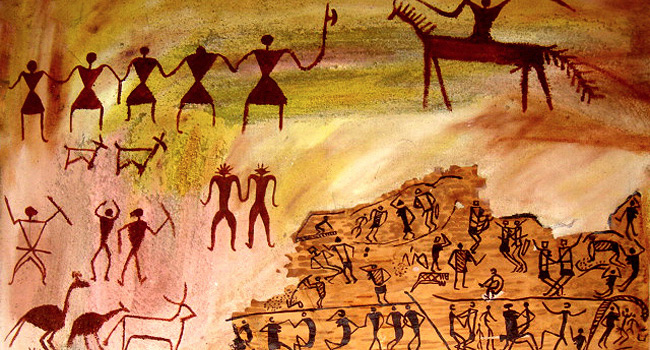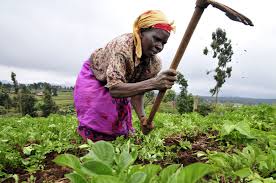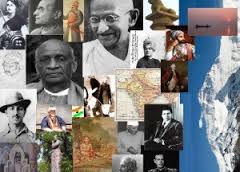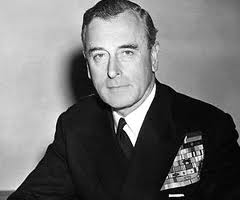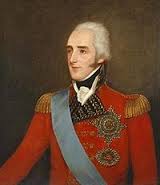The Indian prehistoric era is one of the most fascinating and intriguing eras to read about. It is estimated that the first humans to set their foot in the Indian sub-continent between 200000 B.C and 40000 B.C. Prehistoric India have been divided into four major eras. These are Stone Age, Paleolithic Era, Mesolithic Era and Neolithic Era. The Bronze Age is also mentioned here though it comes after these four eras. Information about Indian prehistory is given below.
Stone Age
- The Stone Age was the era when early man used stones for functional and useful purposes. The Stone Age is further classified into three categories which are the Paleolithic Age, Mesolithic Age, and Neolithic Age.
- These divisions have been made on the basis of the kind of stone tools that were used during these times.
Read Also: Zoroastrianism-Introduction to Persian Religion
Paleolithic Age
- The Paleolithic Age lasted till about 8000 B.C. In this age, the man was essentially a food gatherer. He learnt to make weapons out of stones and also mastered the skill of hunting animals.
- The crude weapons were slowly carved properly and were made sharp and pointed. These special weapons were made by shredding the sides of a stone with a heavier stone.
- The man also learnt how to create fire and make use of it. He learnt to control fire, which helped him to improve his way of living.
Mesolithic Age
- The Mesolithic Age lasted from 8000 B.C – 4000 B.C. In this age the size of the groups grew to form small communities. The number of mouths to feed increased and needed constant nurturing for continuation.
- There was a drastic change in the food and clothing of the man. The tools were modified and now the sharp stones were attached to strong tree branches using ropes and vines.These new weapons or hand axes could be flung on animals from a safe distance.
- Apart from this, farming techniques were developed and the man began to grow crops. The man also learnt to draw and paint and the evidence is found in the form of cave paintings found in India.
Must Read: The Indus Valley Civilization
Neolithic Age
- Neolithic (New Stone Age) settlements in the Indian sub-continent are not older than 4000 BC. The Neolithic Age lasted from 4000 B.C – 2500 B.C and is known as the last stage of the Stone Age era.
- The main features of this age were the finely flaked weapons and small tools made of stone that were used for day to day work. This age also saw domestication of cows, horses and other poultry and farm animals. Their products were used for dairy and meat items.
- The wheel, which was a very important invention, was created during this age. Shortly after this age around 1800 B.C, tools were made of copper and bronze and were used for many practical purposes.
Bronze Age
- The Bronze Age is the era when metals were used and improvised for making tools and other weapons. This age came immediately after the Neolithic Age and aided in the development of the metallurgy industry.
- It came into being in 3500 B.C in the Middle East. The Bronze Age in India is roughly estimated to have begun around 3300 B.C. It almost coincided with the beginning of the Indus Valley Civilization.
- People living in Indus Valley produced bronze, copper and tin thus developing new techniques of metallurgy.
Don’t Miss:


